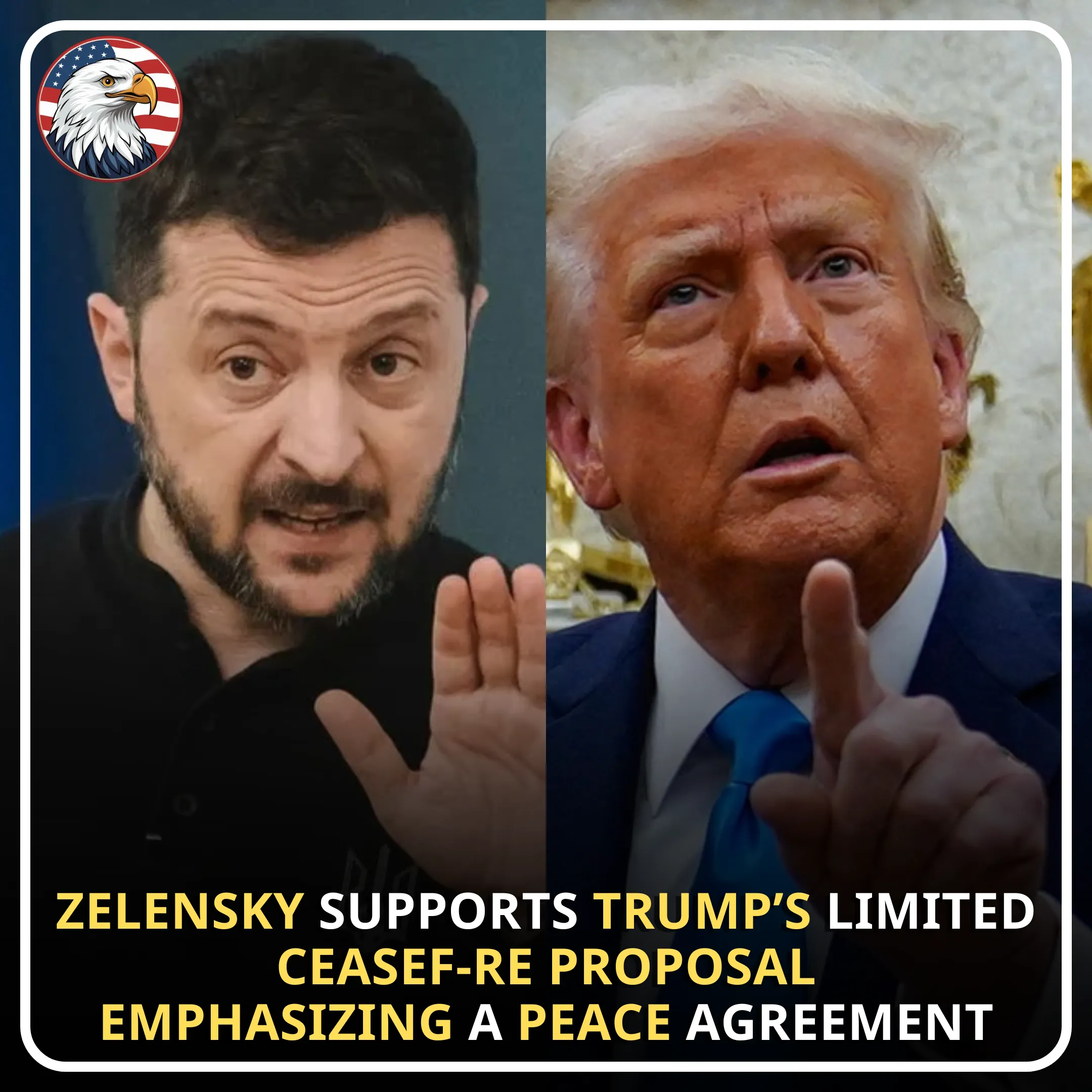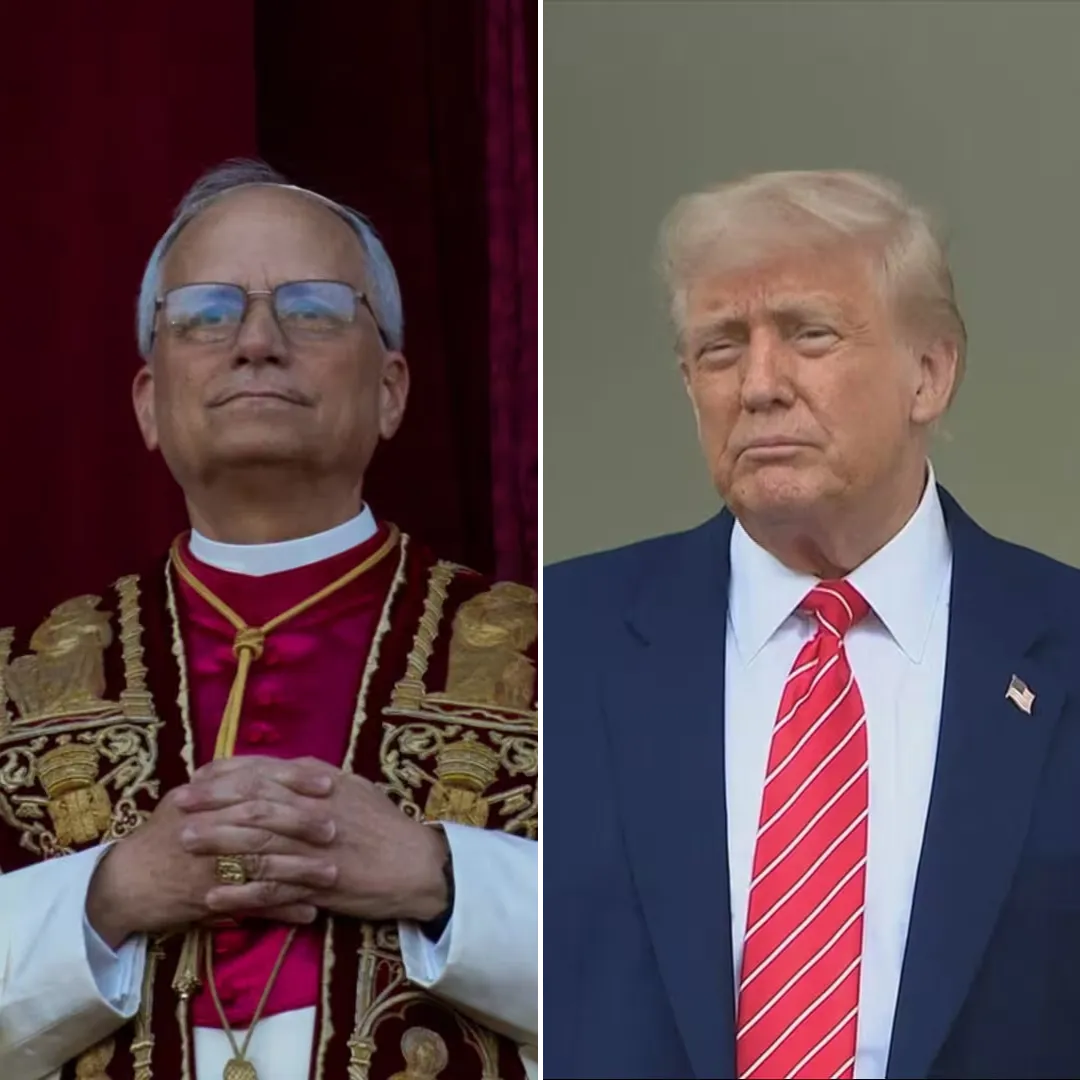
In a momentous event that has sent ripples through the Catholic world, Cardinal Robert Francis Prevost was elected the 267th pope of the Catholic Church on May 8. The 69-year-old, hailing from Chicago, Illinois, has made history as the first American to ascend to the papacy.
Taking the papal name Leo XIV, Pope Leo’s election marks a significant milestone, not only for the Catholic Church but for the broader religious and political landscape as well. As crowds gathered in St. Peter’s Square, the news of the election was met with a wave of applause as the white smoke rose from the Sistine Chapel’s chimney, signaling the decision of the conclave.
The bells of St. Peter’s Basilica rang out, marking the election of the new pope. This historic moment brings to an end the papacy of Pope Francis, whose death left a profound void in the Vatican. Pope Leo XIV’s first appearance on the balcony of St. Peter’s Basilica was a moment of both joy and reflection, as he addressed the millions watching from across the globe.
The announcement of Pope Leo XIV came just after the second day of the papal conclave, continuing a trend of quick elections. The last two papacies also saw their new leaders chosen by the second day of the conclave. In 2005, Pope Benedict XVI was elected after four ballots, and in 2013, Pope Francis was selected after five rounds. The quick decision reflects a strong sense of unity and purpose among the cardinals, signaling a clear path forward for the Church in the wake of Francis’ death.
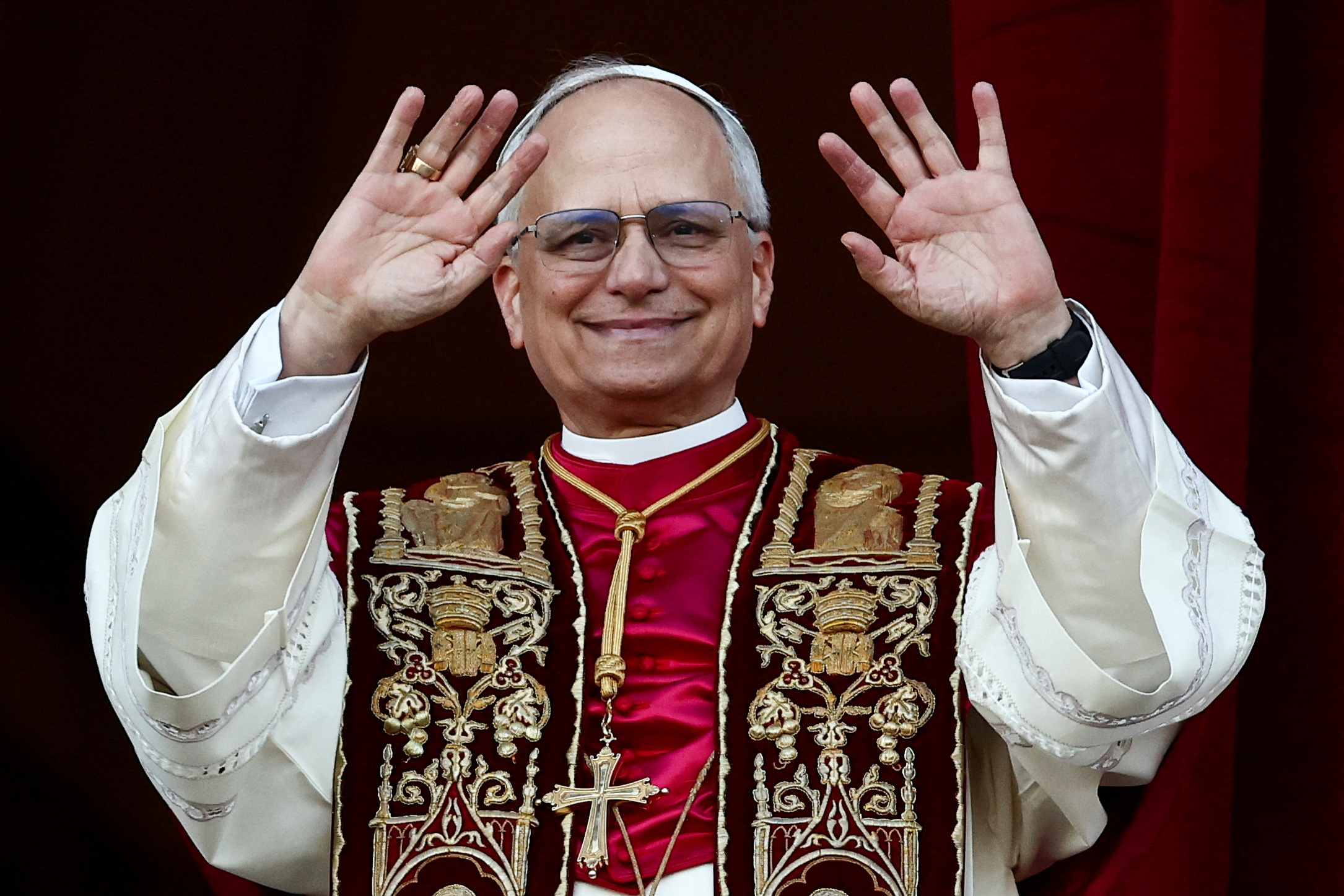
Pope Leo XIV’s first words as the new pope were both profound and reflective of the Catholic Church’s central message of peace. Addressing the throngs in St. Peter’s Square, Pope Leo XIV said, “Peace to all of you, my brothers and sisters.” He explained that his greeting was inspired by the resurrection of Jesus Christ, whose sacrifice for God’s glory embodies the ultimate message of peace and reconciliation.
The pope’s choice to deliver this message was a clear indication of his focus on unity, healing, and bringing peace to a Church that has faced considerable challenges in recent years. As he spoke to the crowd, Pope Leo XIV could not hide his emotion. His voice was filled with gratitude and reverence as he waved to the assembled faithful below him.
His humility and warmth were evident as he expressed his respect for the late Pope Francis, acknowledging the incredible legacy left by his predecessor. Pope Leo XIV called on the faithful to honor the memory of Pope Francis and continue the work of renewal that the late pontiff began during his papacy.
Pope Leo XIV’s election also signifies a shift in the global influence of the papacy. The election of an American pope reflects the changing demographics of the Church. For centuries, the papacy has been dominated by Europeans, particularly from Italy, but the appointment of Pope Leo XIV signals a broader global influence.

As the first American pope, his election may reshape the way the Vatican interacts with the world’s superpowers, especially the United States, and offer new perspectives on the Church’s role in a rapidly changing world. The election of Pope Leo XIV comes at a pivotal time for the Catholic Church.
Over the past few decades, the Church has faced numerous challenges, including declining membership in Europe and North America, widespread reports of sexual abuse scandals, and divisions over doctrinal issues. The Church is also navigating a changing global political landscape, where secularism is on the rise and many younger generations are questioning traditional religious structures. Pope Leo XIV’s leadership will be essential in guiding the Church through these turbulent times.
One of the immediate tasks facing Pope Leo XIV will be healing the divisions within the Church. Under Pope Francis, the Church emphasized inclusivity, social justice, and dialogue with other religions, but there were also significant disagreements over issues such as the role of women in the Church, LGBTQ+ rights, and the treatment of refugees.
Pope Leo XIV will have to continue this work while balancing the desires of more conservative factions within the Church that feel threatened by the modernization efforts of the previous papacy.

The American perspective that Pope Leo XIV brings to the papacy is expected to influence how the Church addresses issues such as secularism, the role of the United States in global politics, and the Church’s approach to modern social issues.
As the leader of the largest Christian denomination in the world, Pope Leo XIV’s words and actions will have a profound impact on global politics, especially as the Catholic Church seeks to engage with issues such as climate change, poverty, and economic inequality.
In his inaugural address, Pope Leo XIV called on the faithful to continue their journey of faith with openness and courage. He urged the Church to move forward with a renewed commitment to compassion and service, while also acknowledging the challenges that lay ahead. His words were a reflection of his deep understanding of the weight of responsibility that comes with the papacy, as well as his sense of duty to guide the Church into a new era.
Pope Leo XIV’s election also provides an opportunity for the Catholic Church to reflect on its future. As the Church looks ahead to the next chapter, there are important questions to address regarding its role in an increasingly secular world.
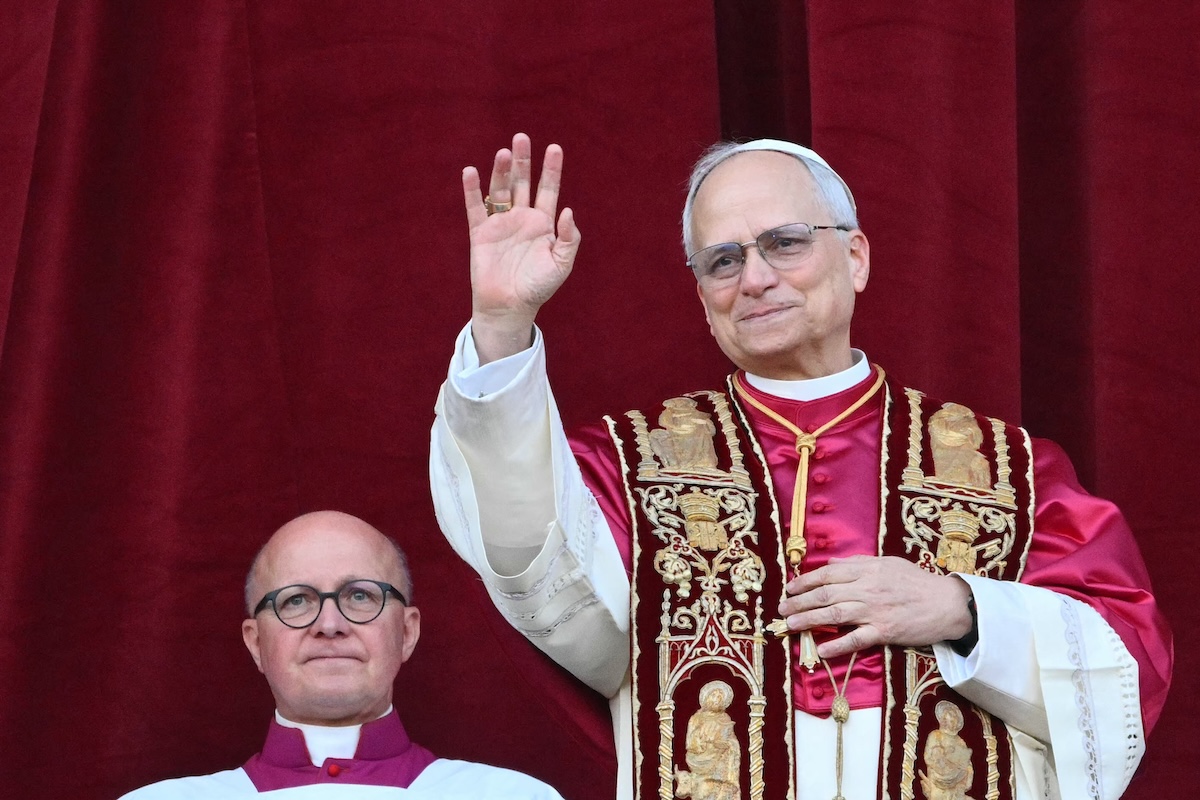
With a new pope at the helm, there is potential for the Church to reconnect with younger generations and rekindle its relevance in the lives of millions of people. Pope Leo XIV’s leadership will be pivotal in navigating the challenges and opportunities that lie ahead for the Church, both in terms of its internal cohesion and its external influence.
In conclusion, the election of Pope Leo XIV represents a historic moment in the Catholic Church’s long and storied history. As the first American pope, he brings with him a new perspective and a fresh approach to the challenges facing the Church today.
With a commitment to peace, unity, and service, Pope Leo XIV’s leadership will be crucial in shaping the future of the Catholic Church in the years to come. As the Church embarks on this new era under Pope Leo XIV’s guidance, the faithful around the world will be watching closely to see how he leads the Church through the complexities of the modern world.
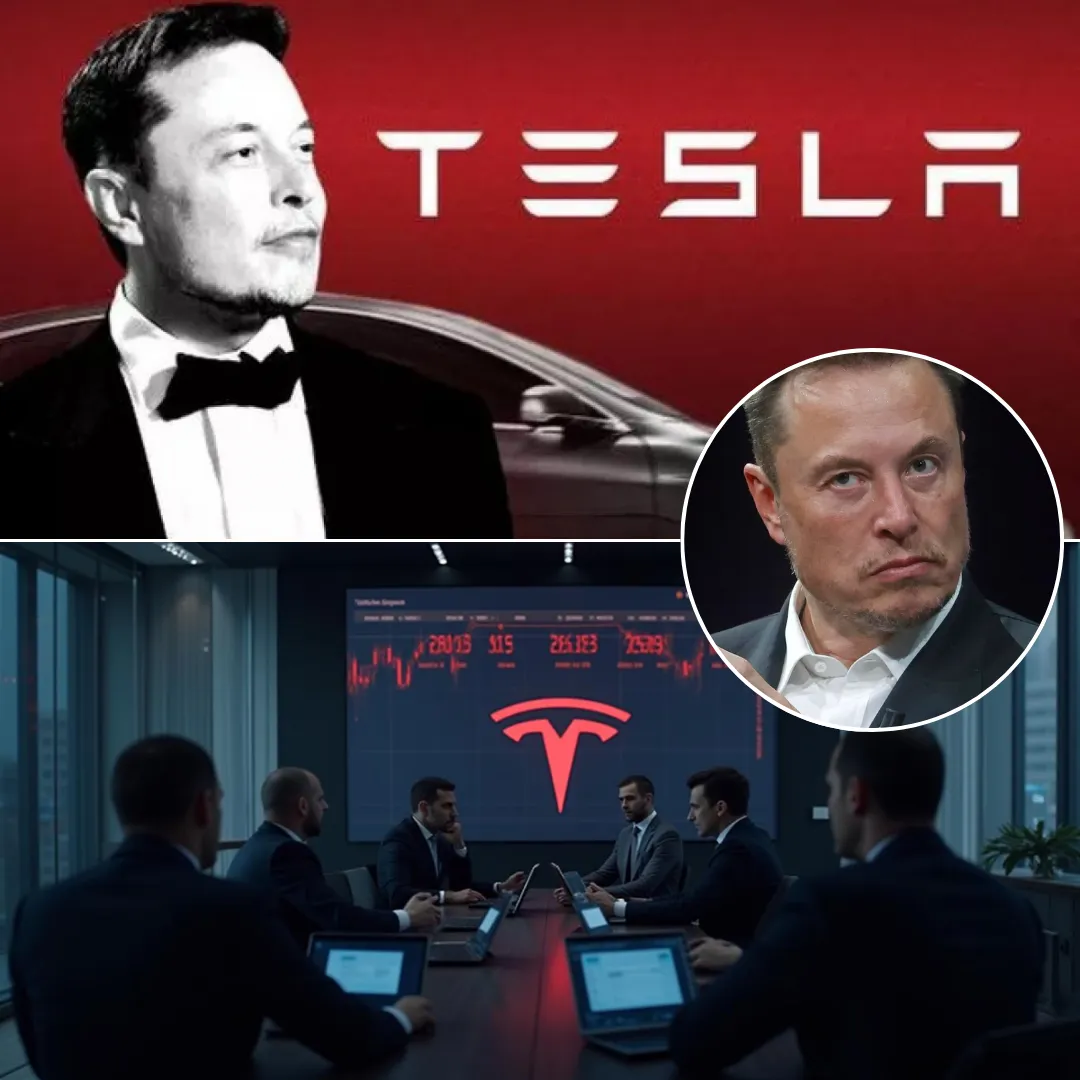
-1746084925-q80.webp)
